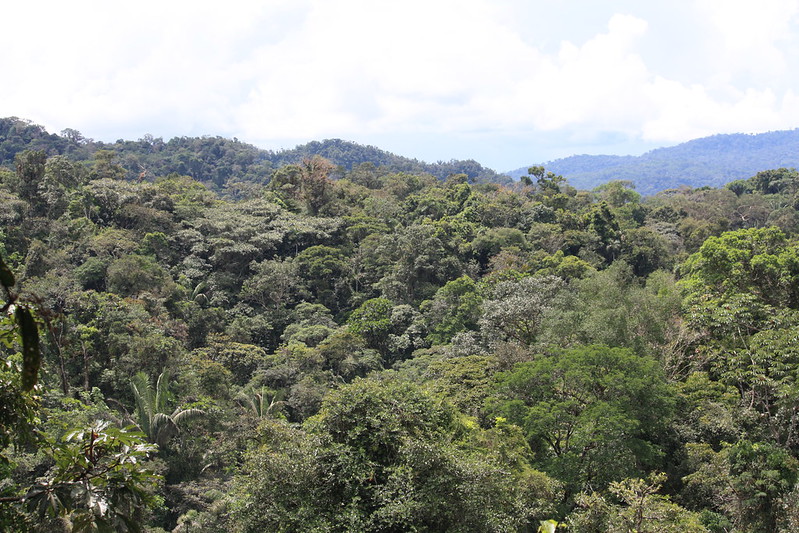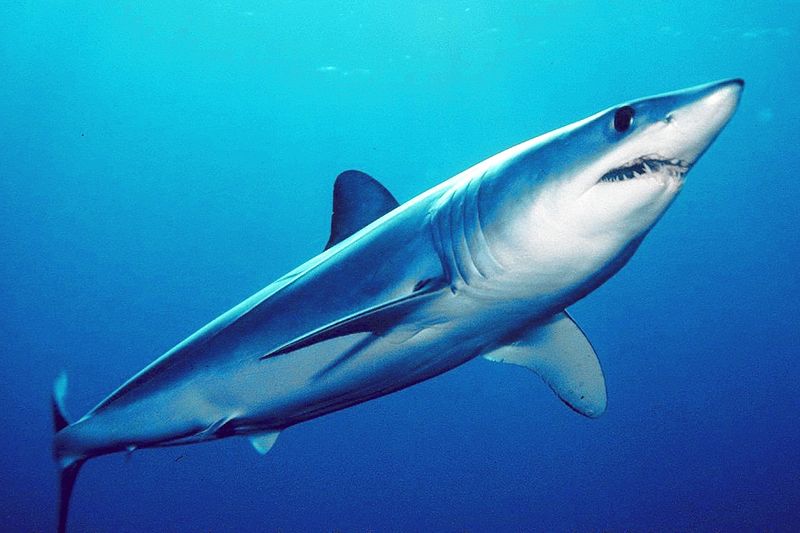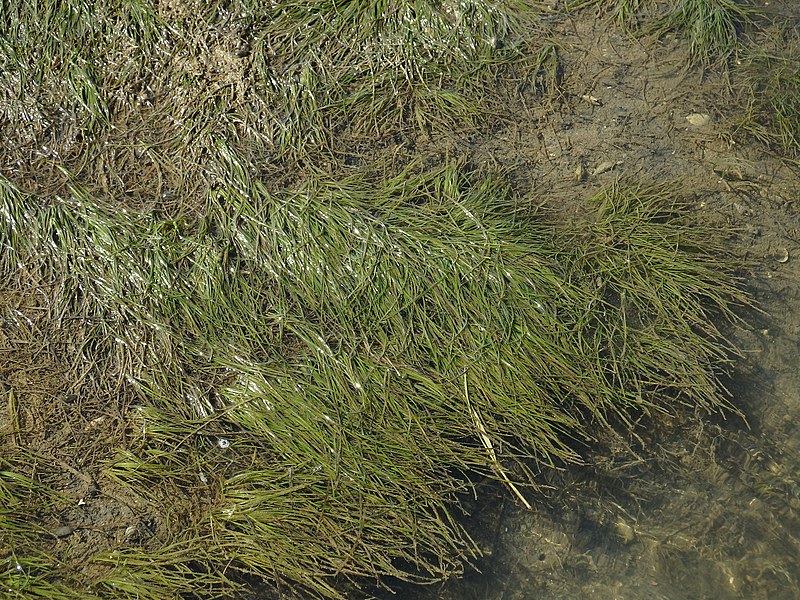Deforestation
Human activity has degraded more than a third of the Amazon rainforest. New research has shown that up to 38% of the forest has been affected by human actions, with the four key disturbances being fire, selective logging (including illegal practices), extreme drought and edge effects (the changes that occur in areas next to deforested areas). The level of degradation is far greater than previously understood and not only has consequences for the climate crisis and biodiversity loss but also Indigenous and non-Indigenous communities.
More extreme thunderstorms resulting from climate change are likely to cause a greater number and frequency of ‘windthrow’ events in the Amazon rainforest, where trees are uprooted or damaged due to severe weather. These fallen trees then decompose on the forest floor which has a huge impact on the carbon budget and carbon dynamics of the rainforest. Scientists are now working on better models which will help them to understand how forests will fare under different emissions scenarios.

Pollution
England’s coast faces multiple threats from dredging, sewage and pollution. The Environment Agency has warned that dredging will likely increase around the coast, with pollution and sewage adding pressures to coastal ecosystems. In 2021, three quarters of shellfish waters around England failed to meet aspirational standards for environmental protection, with dredging and pollution coming under increased scrutiny following mass die-offs of crabs and lobsters. The findings from the EA report published last week suggest that dredging was unlikely to be the cause but this has been criticised by some scientists. There are now calls for stronger targets to cut pollution, a ban on destructive fishing in marine protected areas, and stricter penalties for sewage discharges.
The UK government has allowed ’emergency’ use of a banned bee-harming pesticide for the third year in a row, just days after the EU tightens protections against emergency deregulations. The neonicotinoid thiamethoxam is lethal to bees, and the authorisation comes just a month after the UK government advocated for a global reduction target at COP15. UK guidance states that emergency applications should not be granted more than once and the UK Expert Committee on Pesticides once again advised against allowing thiamethoxam to be used, but was again ignored by the government.
A new study has found plastic in the scat of fishing cats living near Colombo, Sri Lanka. The plastics varied in size from microplastics to larger macroplastics and were believed to have been ingested via their prey. Only six of the 276 samples taken were found to contain plastics but this is still a concern for the vulnerable species. Further research is needed to assess any potential health impacts on the species.

Extinction Risk
An investigation has found that endangered sharks are being sold as ‘flake’ in South Australian fish and chip shops. According to the study, less than a third of servings meet seafood labelling standards. Out of 96 fish and chip shops and 10 fresh fish retailers, only 29 servings were actually gummy shark, one of only two shark species that Australian Fish Names Standard says can be sold as flake in Australia. Three servings were narrownose smooth-hound, a critically endangered shark; two were the endangered shortfin mako; one was smooth hammerhead, considered vulnerable; 19 were the critically endangered school shark; and 15 servings were whiskery shark.
Gillnets in Bangladesh are a major threat to both the Ganga River dolphin and the Irrawaddy dolphin. Entanglement in nets, along with boat propeller strikes, killed 130 Ganga River dolphins between 2007 and 2016. Since 2002, the manufacture, marketing, import, hoarding, carrying, possession or use of any kind of gillnet is prohibited but they are still widely used by fishers due to their effectiveness at catching large numbers of fish. There are currently only 2,000 Ganga River dolphins and 6,000 Irrawaddy dolphins left in Bangladesh.
Research
A study has suggested that reaching net zero greenhouse gas emissions in England and Wales by 2050 could lead to an extra 2 million years of life. Many of the proposed policies in the UK will reduce harmful environmental factors such as air pollution, as well as encouraging healthier behaviours such as a balanced diet and exercise. These policies, if implemented, would result in significant reductions in mortality across English and Welsh populations. Retrofitting homes with insulation, reducing red meat consumption, replacing car journeys with walking or cycling, and reducing air pollution could also lead to people living with fewer health conditions.

Conservation
Seagrass restoration trails have begun in Cornwall. The first round of planting for the project, taking place in the River Fal, has been completed, and is the first attempt by Cornwall Wildlife Trust to restore seagrass meadows. A group of volunteers spent more than 120 hours collecting over 4,000 seeds last summer and planting them. It is hoped that this project will expand to an area 10 times the size used in the first round of trails.

